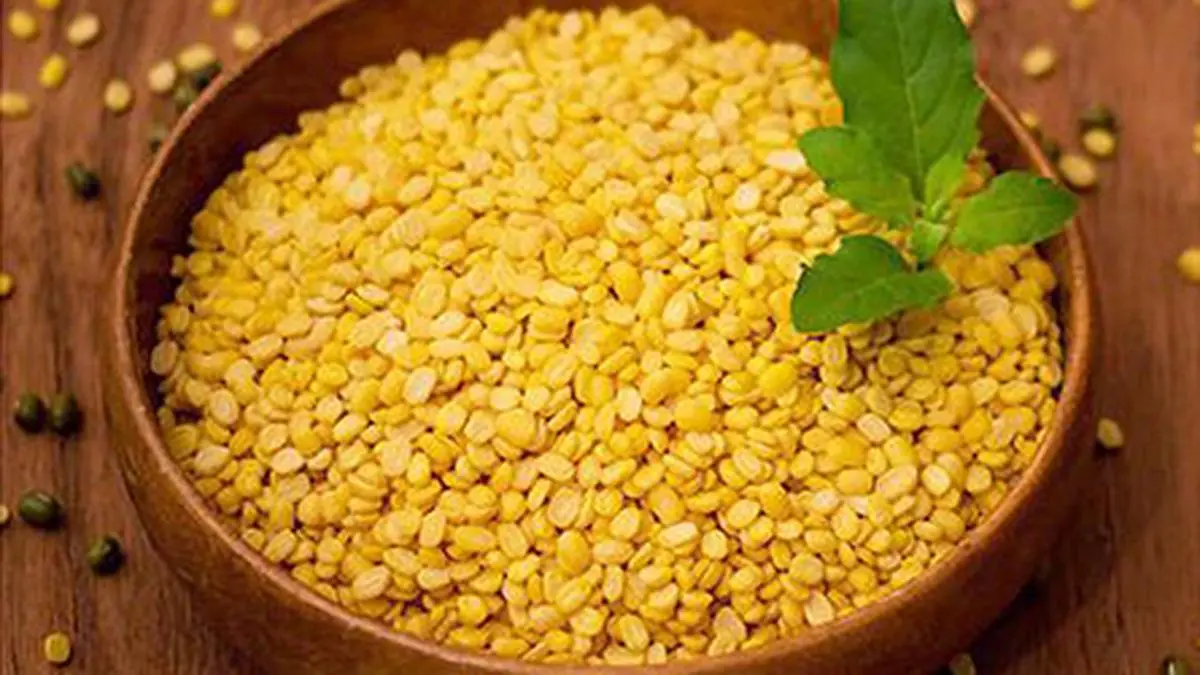The Karnataka government has announced that registration for farmers to sell sunflower seeds at the Minimum Support Price (MSP) will begin on October 9. This initiative aims to provide financial security to sunflower growers, ensuring they receive a fair price for their produce amid fluctuating market conditions. Officials stated that the registration process will be conducted online as well as through designated agricultural offices, allowing farmers across the state to participate and benefit from the government’s procurement program.
MSP benefits for farmers
By offering an MSP for sunflower seeds, the government seeks to protect farmers from price volatility in the open market. The MSP acts as a guaranteed price floor, ensuring that farmers are not compelled to sell their produce at lower rates due to market pressures. Agriculture department officials highlighted that this step will incentivize sunflower cultivation, improve farmer incomes, and strengthen the oilseed sector in Karnataka, which has seen increasing demand in recent years.
Registration process and eligibility
Farmers intending to sell sunflower seeds at MSP must register through official channels starting October 9. Registration can be completed online via the state agriculture portal or in person at local agricultural offices. Applicants are required to provide their Aadhaar number, landholding details, and crop cultivation records to qualify for procurement. Authorities have assured that the process will be farmer-friendly, with assistance available for those unfamiliar with digital registration.
Procurement logistics and support
The Karnataka government has set up procurement centers in major sunflower-growing districts to facilitate smooth transactions. Officials confirmed that the centers will follow strict quality checks, ensuring that only certified seeds meeting specified moisture content and size criteria are accepted. Farmers will receive prompt payment directly into their bank accounts to minimize delays and provide financial security.
Encouraging sunflower cultivation
The initiative is also aimed at promoting sunflower cultivation in regions with suitable agro-climatic conditions. By ensuring a guaranteed market at a fair price, the government hopes to attract more farmers to adopt sunflower farming, thereby diversifying cropping patterns and increasing oilseed production in the state. Agricultural experts have welcomed the move, stating that MSP procurement programs help stabilize rural incomes and encourage sustainable agricultural practices.

Monitoring and evaluation
Authorities have assured that the procurement process will be closely monitored for transparency and efficiency. Grievance redressal mechanisms will be in place to address farmer complaints, and regular audits will ensure adherence to MSP guidelines. By combining streamlined registration, quality checks, and prompt payments, the Karnataka government aims to make MSP procurement of sunflower seeds a successful model for other crops in the state.
The MSP procurement program is expected to provide much-needed support to sunflower farmers, enhance oilseed production, and stabilize rural incomes. Farmers are urged to complete their registration on time and maintain proper crop records to ensure eligibility. Officials have emphasized that this initiative reflects the government’s commitment to farmer welfare, market stability, and agricultural growth in Karnataka.
Follow: Karnataka Government
Also read: Home | Channel 6 Network – Latest News, Breaking Updates: Politics, Business, Tech & More



